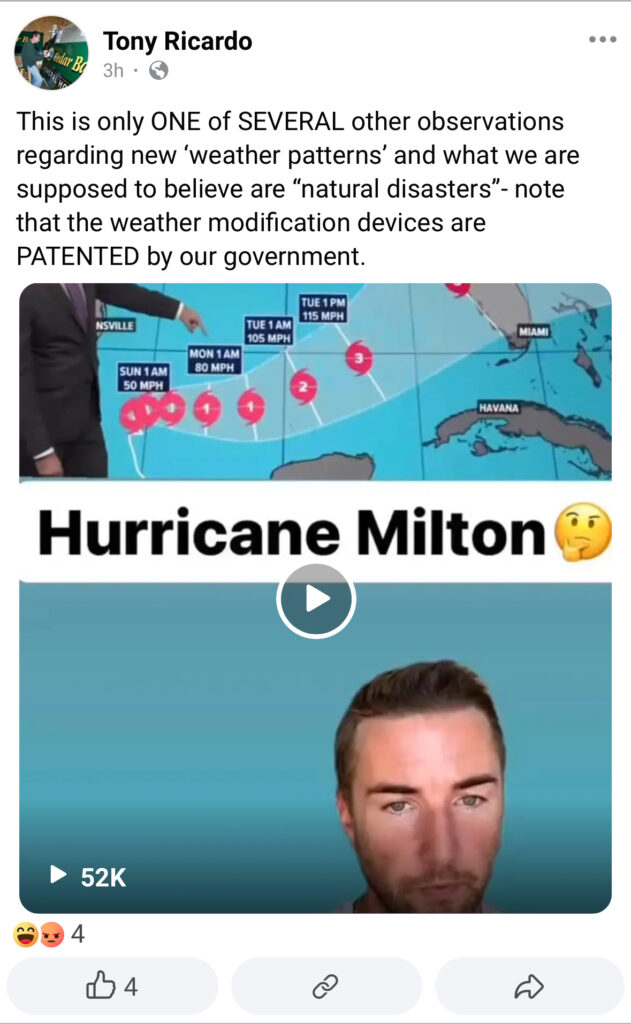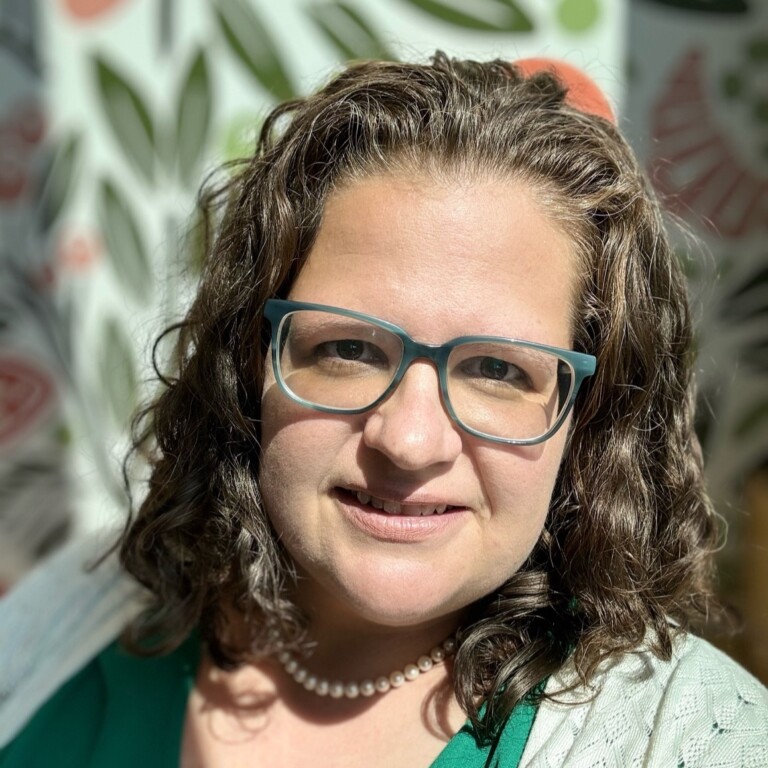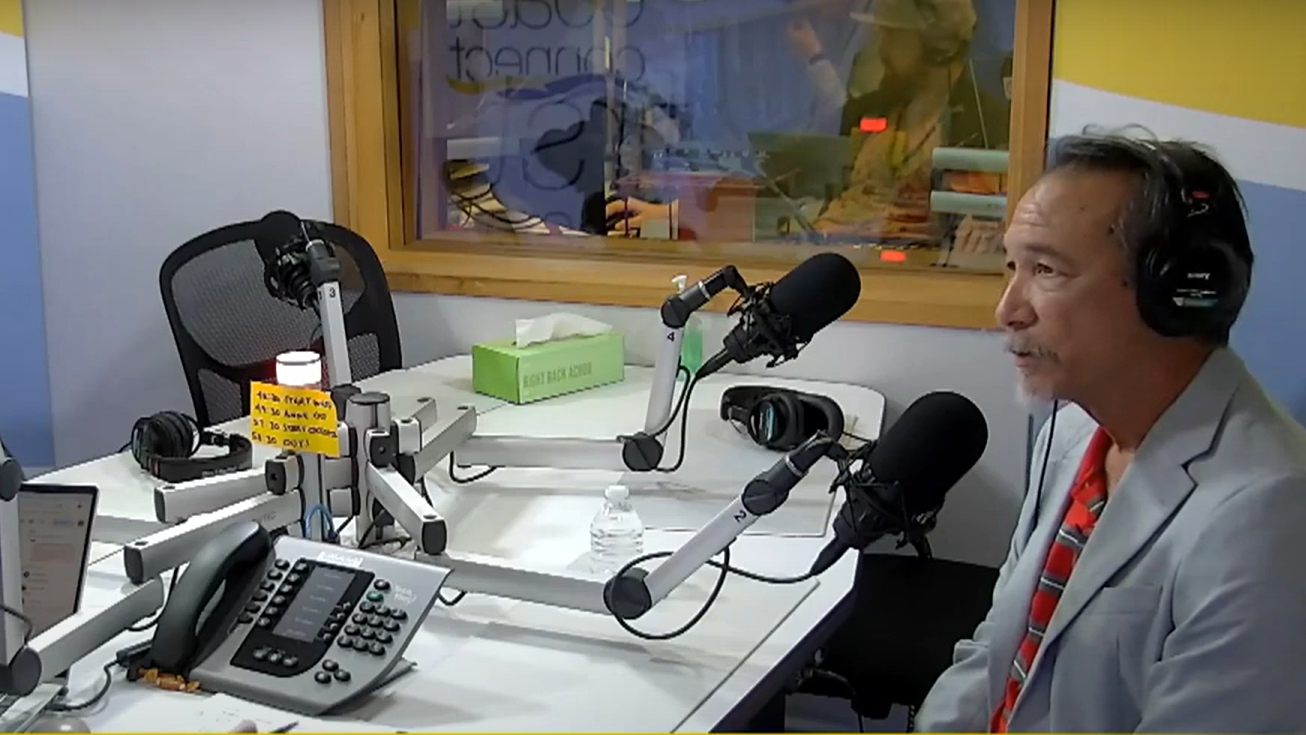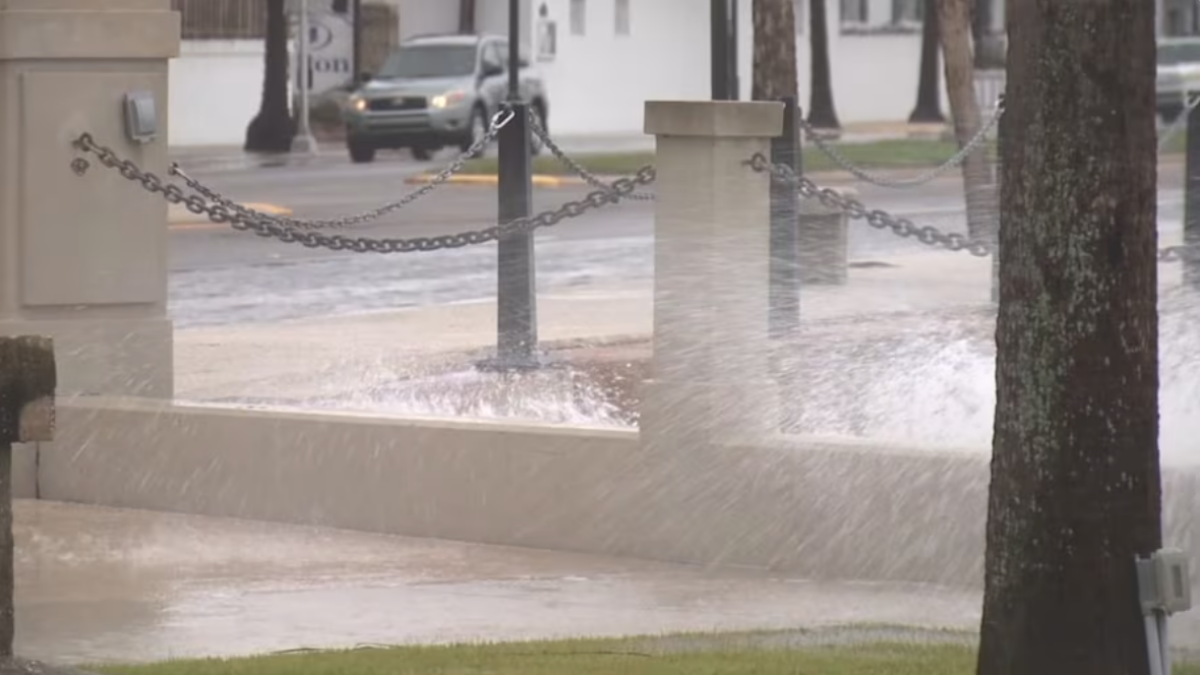As federal officials have been trying to combat the spread of weather-related conspiracy theories on social media, a soon-to-be Duval School Board member has been among the elected officials pushing the claim that the government can manipulate the weather.
Between Hurricane Helene’s landfall in Florida’s Big Bend and Milton’s arrival two weeks later, recently elected District 1 School Board member Tony Ricardo made more than 90 hurricane-related posts, dozens of them including misinformation or censored by Facebook fact checkers. None included information about Jacksonville storm resources, such as the hurricane shelter opened at Arlington Middle School in his district.

Ricardo’s posts aren’t unique. A Broward County school board member made similar social media posts. And Marjorie Taylor Greene, the bombastic GOP congresswoman from Georgia known for her far-right stances, made national news with her own wildly inaccurate posts.
“Social media is a mirror, right? It allows us to see crazy stuff that people believe — and they probably always believed — but now they say it out loud in a different way,” says Adam Enders, a political science professor at the University of Louisville whose peer-reviewed research focuses on conspiracy theories and how they spread.
Research shows that, if anything, people are less conspiratorial today than in decades past, he says. But social media does make it easier to spread misinformation.
“This is a way for people to express their opinions about things in a new way that isn’t exactly like in a vacuum,” Enders says. “But it’s different than saying it to somebody else’s face, right? And I think that allows people to express ideas that are counter to norms.”
Scientists have thoroughly debunked the current claims, which include that the government is using secret but patented technology to adjust the tracks and intensity of storms.
“That is impossible,” says Maitane Olabarrieta, an oceanographer and engineering professor at the University of Florida. “There is no human being, and there is no government, that actually can control the formation and the dissipation of these kinds of systems.”
Hurricanes are a natural part of the earth’s meteorological and oceanographical system — simply put, they allow the earth to release energy, Olabarrieta said.
“As we increase the temperature of the ocean and the atmosphere, basically, we are increasing the probability of having a stronger and more intense tropical cyclone,” Olabarrietta tells Jacksonville Today. “So that’s the only way I can think of, of how we can influence, actually, the development of a given tropical cyclone.”
When constituents pushed back, though, Ricardo doubled down.
“Maybe folks would be better served by doing just a little ‘research,’” he wrote in one Facebook post. In another, he called commenters “historically challenged.”
Ricardo initially agreed to an interview with Jacksonville Today for this story but canceled at the last minute and has not responded to attempts to reschedule.
He has continued to share videos that espouse debunked theories about the weather, though.
Combatting misinformation
Politicians ranging from President Joe Biden to Gov. Ron DeSantis have spoken out against the storm of misinformation spreading on the internet.
“If I could control the weather, I would do 78 and sunny year round,” DeSantis said on Thursday. “There’s precedent for all this in history. It is hurricane season. You are going to have tropical weather.”
President Biden said the misinformation — some of which includes rumors about the Federal Emergency Management Agency’s response — was making ongoing recovery efforts more difficult. He called the idea of government-controlled weather “bizarre.”
“It’s beyond ridiculous,” Biden said. “It’s got to stop.”
Janet Coats is the managing director of the University of Florida’s Consortium on Trust in Media and Technology. She says it’s “disheartening” to see bad information spread.
“People have lost everything,” Coats said. “People are, in effect, being discouraged from trusting the institutions that are actually there to help them and that can provide them help after a disaster like this.”
As untrue information about the hurricanes and the government’s response to them has circulated this month, it has made the work of helping people recover from the storm more difficult.
“Especially in these kinds of moments, that’s an incredibly cynical thing to do, and at the very least, unhelpful to people who are in need and need, not only need help, but need accurate information and not distractions like this,” Coats said.
Past controversy
Ricardo was elected in August with more than 53% of the vote. He ran with the endorsements of Gov. DeSantis, Moms for Liberty and the Duval GOP and defeated Nadine Ebri, who had the support of the local Democratic party and endorsements from groups like Equality Florida and the Jacksonville chapter of the National Organization for Women. Current District 1 rep, longtime Duval teacher and administrator Kelly Coker, decided to not run for a second term.
Before and after the election, public school advocates raised concern over posts on Ricardo’s Facebook page, which they viewed as homophobic and racist.
DeSantis’ office did not respond to a request for comment on Ricardo’s current social media posts, and neither did Duval GOP Chairman Dean Black. Black is also the state representative for the same part of Jacksonville Ricardo represents.
Katie Hathaway, a parent who’s part of the local advocacy group Public School Defenders, says she’s “appalled” by Ricardo’s social media posts, including the recent storm-related misinformation.
“Every decision the board makes impacts all of our children, and I’m concerned about the kind of influence someone with these values could have,” Hathaway said. “Our children deserve leaders who are committed to inclusivity and scientific accuracy.”







